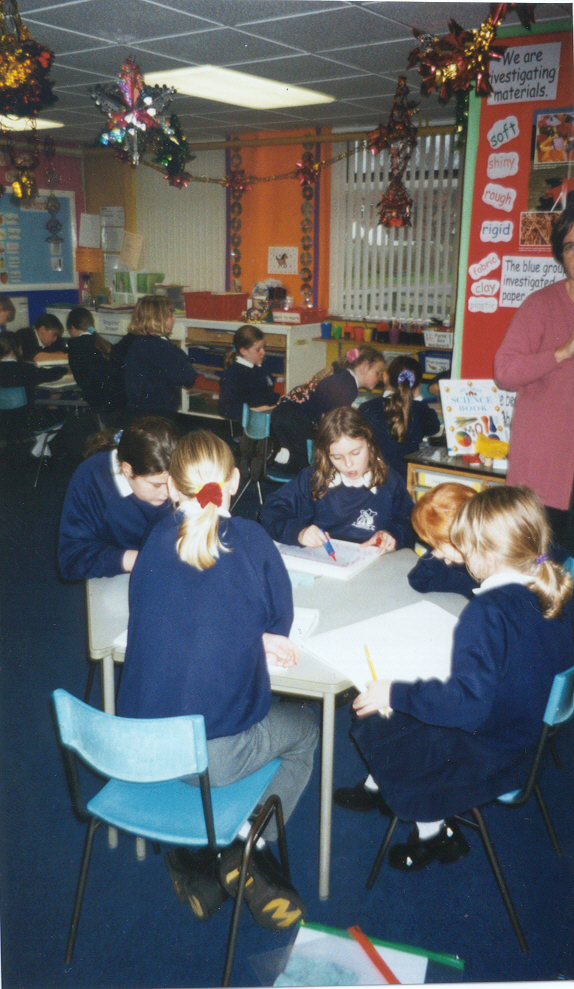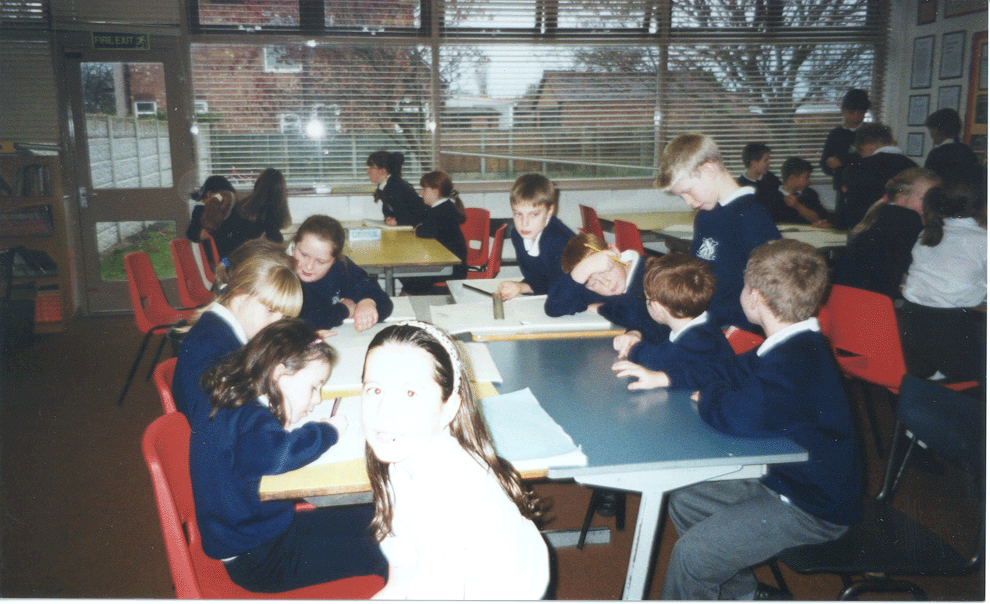
Social Class and Education

Maurice Craft said that 'successive researchers have demonstrated beyond doubt that family, class and education form an important relationship' (1970, p3). Indeed it is the case that research has indicated that educational achievement can be affected by the social background of the pupil.
![]() Halsey,
Heath and Ridge found that two thirds of boys from higher non-manual backgrounds
were accepted into selective secondary schools, whilst just one quarter of
working class boys were.
Halsey,
Heath and Ridge found that two thirds of boys from higher non-manual backgrounds
were accepted into selective secondary schools, whilst just one quarter of
working class boys were.

![]() Smith
and Noble stated that 'Grammar schools continued to recruit a disproportionately
high percentage of their intake from non-manual backgrounds' (1995, p17).
Smith
and Noble stated that 'Grammar schools continued to recruit a disproportionately
high percentage of their intake from non-manual backgrounds' (1995, p17).
![]() According
to Craft, context is an important aspect of this area. The 'influence of
neighbourhood or of the school play an important part'. Working class
pupils in larger suburbs 'might be subject to significantly different home
environmental pressures than those in the small towns and larger cities'
According
to Craft, context is an important aspect of this area. The 'influence of
neighbourhood or of the school play an important part'. Working class
pupils in larger suburbs 'might be subject to significantly different home
environmental pressures than those in the small towns and larger cities'
![]() Rogoff found that some working class families have a lower rate of school
performance and college aspirations.
Rogoff found that some working class families have a lower rate of school
performance and college aspirations.
![]() Even at equal ability levels children deemed to be working class are 'far more
likely than middle class children to deteriorate in performance and to leave
school at the earliest possible age' (Craft, 1970, p4).
Even at equal ability levels children deemed to be working class are 'far more
likely than middle class children to deteriorate in performance and to leave
school at the earliest possible age' (Craft, 1970, p4).
![]() The richest third of the population have two thirds of the university places.
The richest third of the population have two thirds of the university places.
![]() The percentage of pupils getting five or more GCSEs at grades A-C is also an
indicator: Grammar 84.7%; Independent 80.7%; Comprehensive 28.7%.
The percentage of pupils getting five or more GCSEs at grades A-C is also an
indicator: Grammar 84.7%; Independent 80.7%; Comprehensive 28.7%.
![]() There are 'strong and continuing links between the selection procedures and
social background' according to Smith and Noble (1995, p17).
There are 'strong and continuing links between the selection procedures and
social background' according to Smith and Noble (1995, p17).
![]() Research by Douglas demonstrated that children whose families move up the social
scale 'have higher measured ability than those they leave behind though rather
less than those they join'. The opposite is the case for families moving
down the social scale (1964, p71).
Research by Douglas demonstrated that children whose families move up the social
scale 'have higher measured ability than those they leave behind though rather
less than those they join'. The opposite is the case for families moving
down the social scale (1964, p71).
